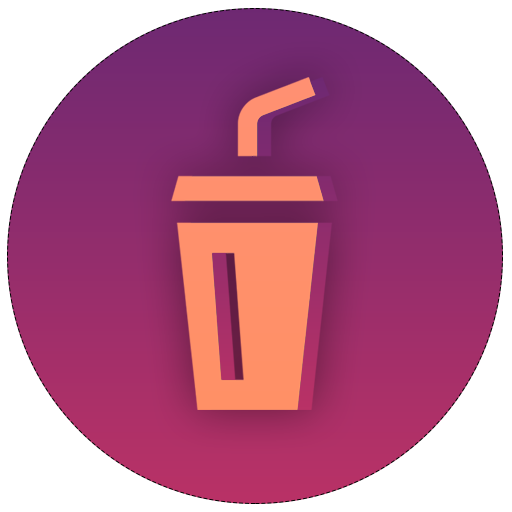

Design Drinks
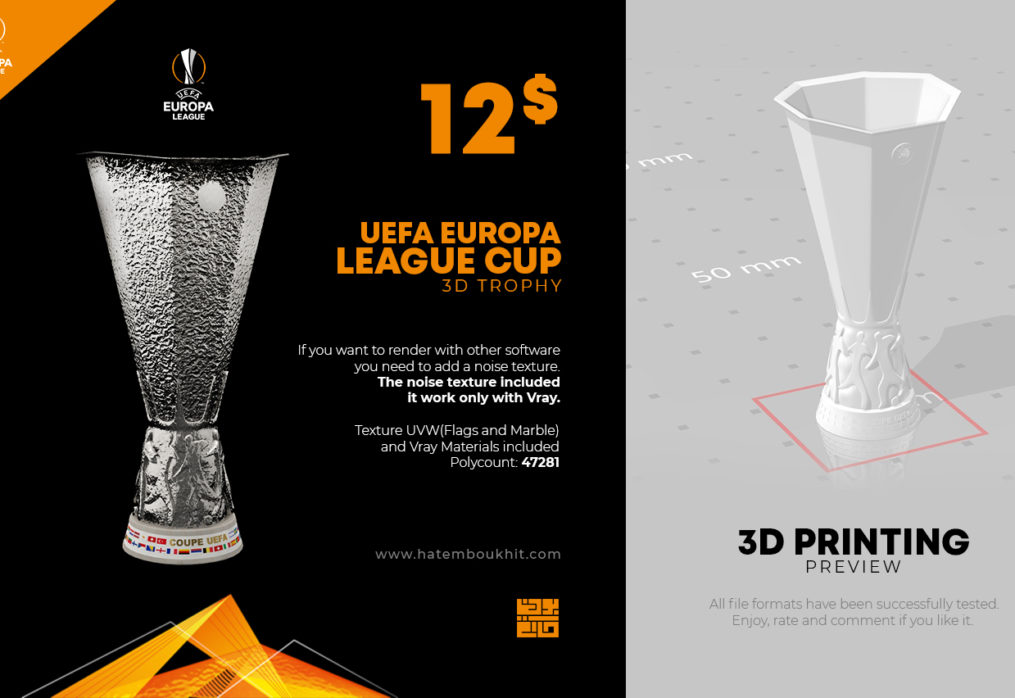
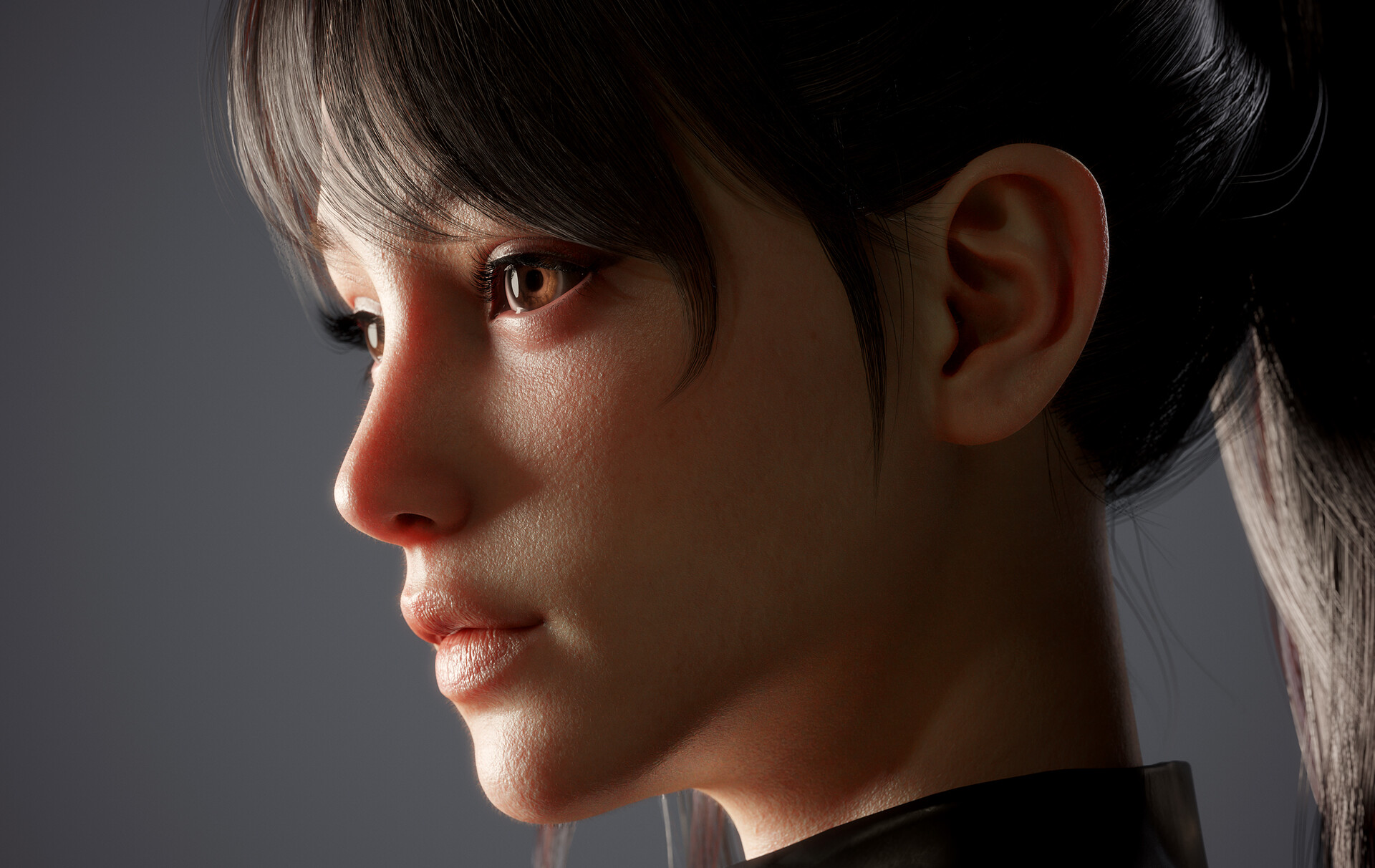

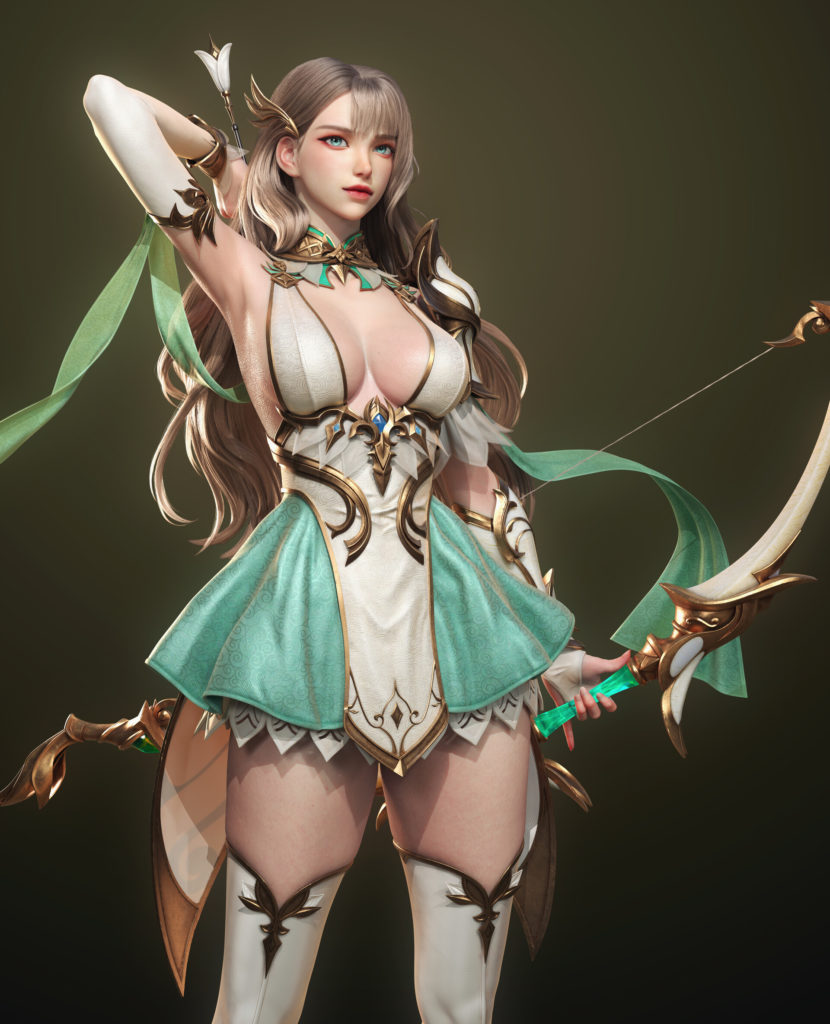
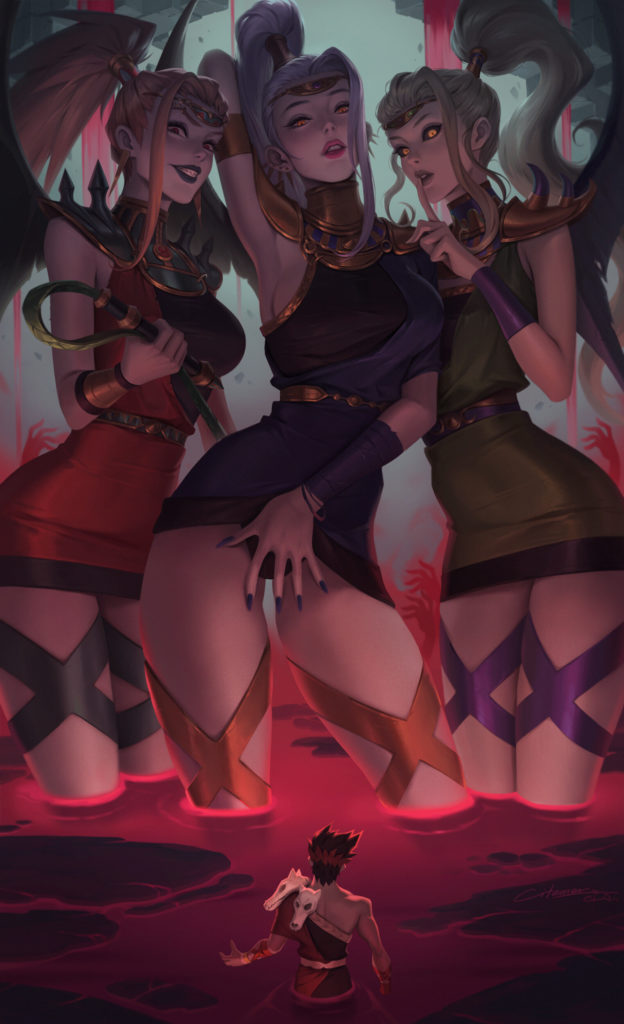
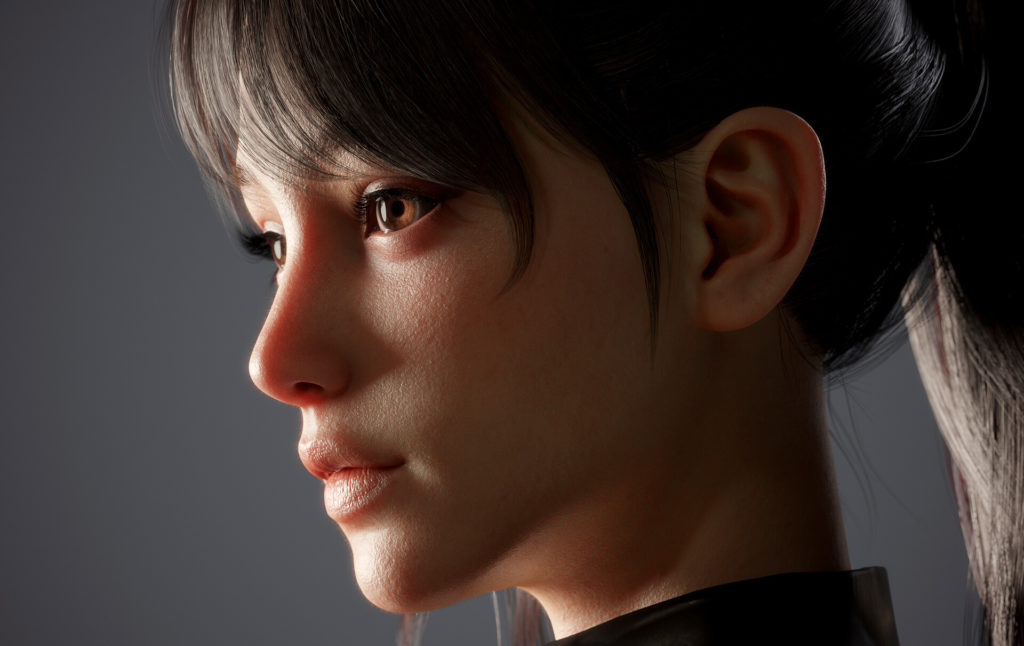

Ben Fearnley shared a series of, as he says, very satisfying loops created using Cinema 4D and Octane Render. As a fan of 3D and trying to learn a bit more in my spare time, this type of work definitely gives me the boost of motivation to keep going.
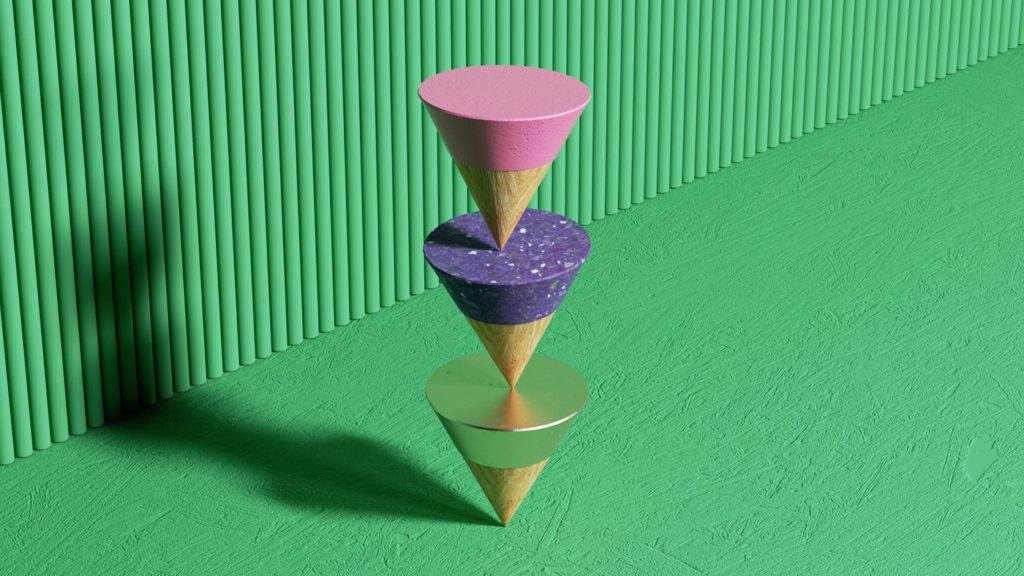


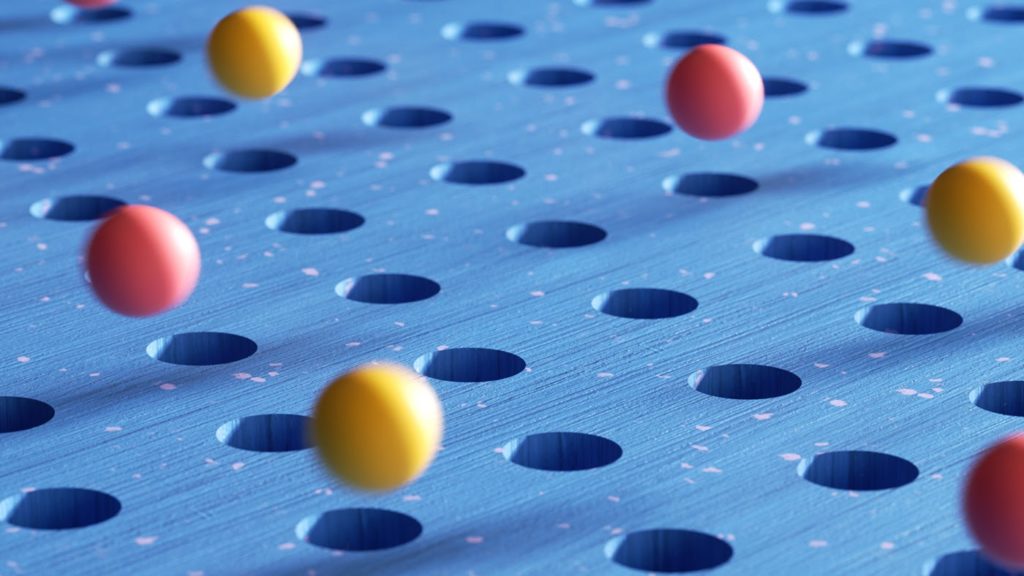
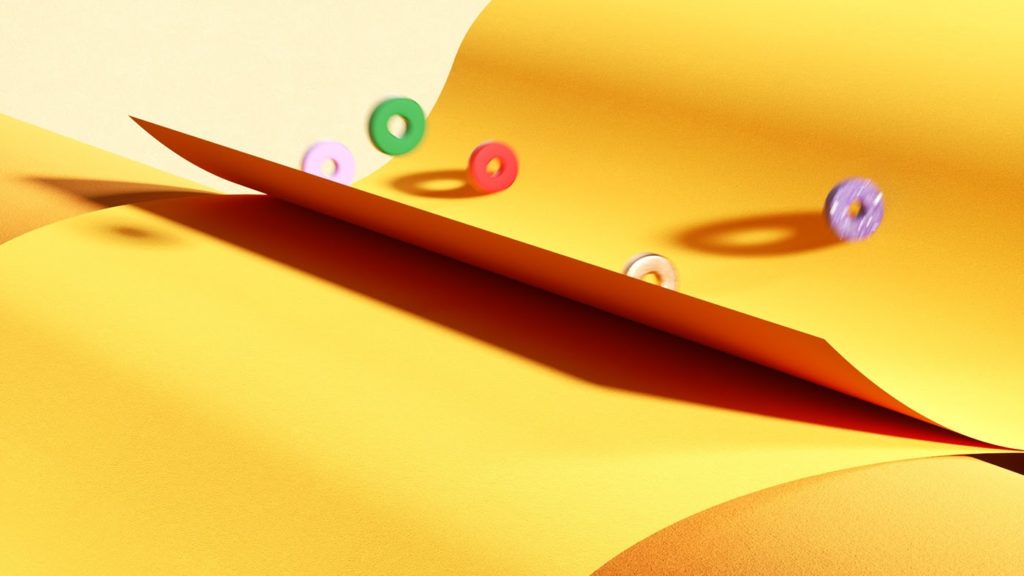

For more information about Ben’s work make sure to check out:
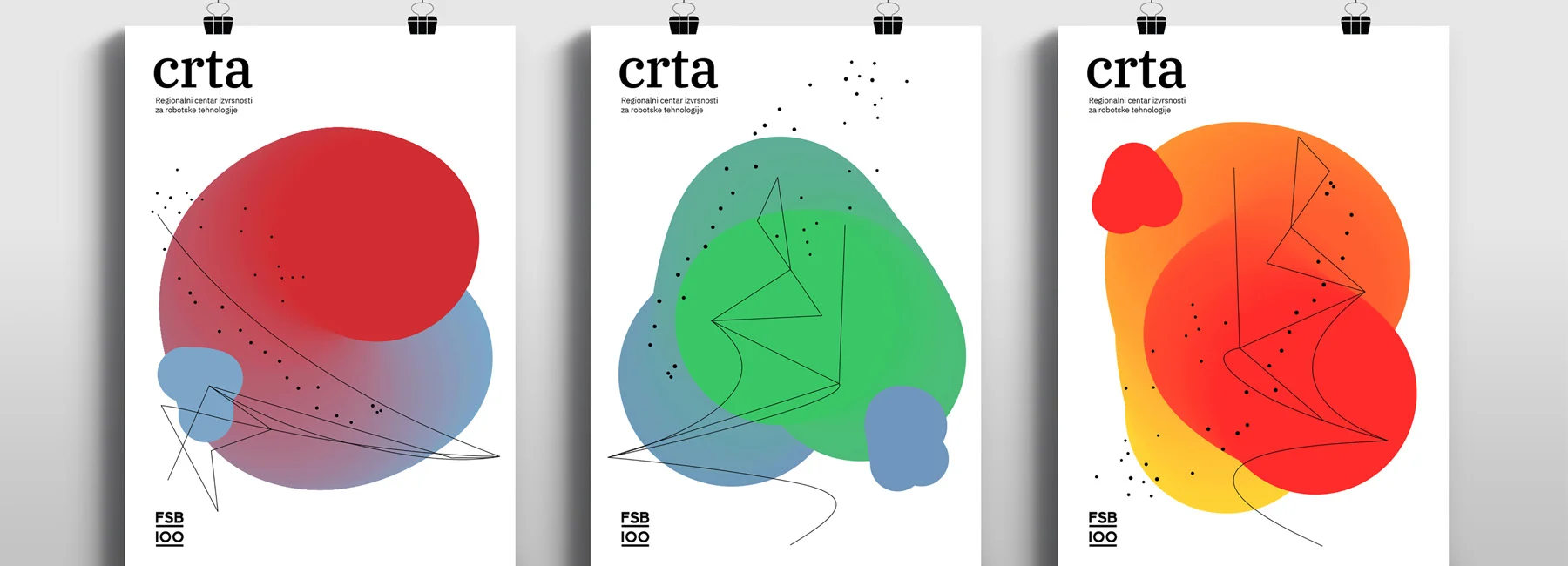
CRTA is a regional center of excellence for robotic technology within the faculty of mechanical engineering and naval architecture at the university of zagreb, croatia. the faculty is responsible for innovations such as RONNA, a robotic system for neurosurgical applications. the ‘CRTA’ visual identity was developed by bruketa&zinic&grey design agency using artificial intelligence (AI).
students wrote out the name of the institution in their own handwriting, used as an input for AI. the information obtained was processed, resulting in a variety of visual data that provided a basis for visual identity. in croatian, the word CRTA means line. mathematically, it is defined as a set of points in a plane. bruketa&zinic&grey, relying on representations of the concepts contained in the abovementioned definition, point, line and plane, played with the data inputs created by AI.students handwrite the word ‘crta’
the underlying principle of the first element, inspired by point, was the neuron network, an array of interconnected points. the initial C was transformed into a dotted trajectory, thickened randomly to form axis Z, and eventually turned into a new 3D object. the second element, inspired by line, is based on a vector representation of the trajectory followed by the RONNA robotic arm during brain surgery. the third element, inspired by plane, came out of the augmented letter trace. the resulting visual identity is in an interplay of various combinations of the abovementioned elements.
‘the visual representation of the concepts contained in the definition of the word line is a symbolic representation of the process of growth i.e. the trainings provided to the center’s beneficiaries. it is a bridge between the individual – a student or a scholar – and their professional surroundings – be it a corporate, education or academic system, for that matter’ says borjan pavlek, a designer at bruketa&zinic&grey agency.
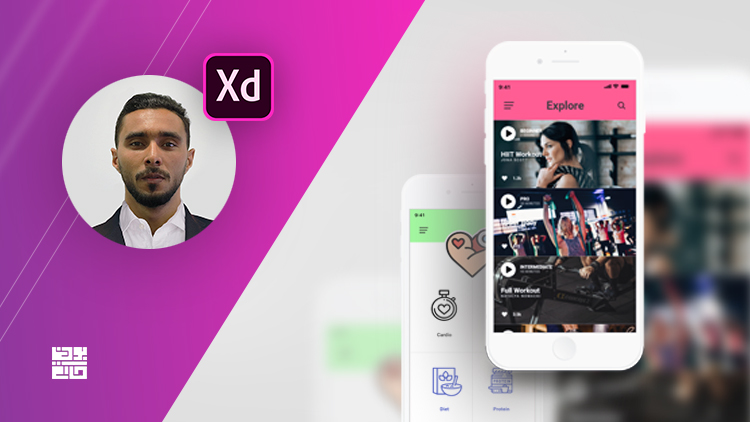
Complete User Experience and User Interface Design with Adobe XD CC Fundamentals (Latest Adobe Update)
Adobe Experience Design CC can help you create interactive prototypes that you can share with clients for a complete user experience design. Learn how to create and export your designs for developers so you can maintain your design vision.Do you have a desire to create a mobile app or website? Would having a working prototype of your design that you could share with your clients make the process much easier? In this course, Adobe XD CC Fundamentals, you will learn foundational skills needed to create an interactive prototype ( ui ux design ) for a mobile app or website.
Who this course is for:
What you’ll learn:
4.3 Course Rating
Link: https://www.udemy.com/course/xd-fundamentals/

Adobe just launched a fun little online quiz that helps creatives figure out their creative type. The “simple and relatable yet robust and science-informed creative personality assessment” is inspired by popular personality tests such as the Myers-Briggs and the Enneagram.
The Creative Types quiz was developed in partnership with Anyways Creative and Carolyn Gregoire, co-author of Wired to Create: Unraveling the Mysteries of the Creative Mind. It’s based on psychology research, Adobe says, and the goal is to assess your basic habits and tendencies — things like how you think, act, and see the world. It’s an assessment that can “help you better understand who you are as a creative.”
To take the test, you’ll need to answer 15 simple (and often abstract) questions about yourself — there are “cutscenes” between the questions that you can skip by pressing the link in the bottom right-hand corner.
Based on your responses, the quiz will assign you to one of 8 creative types: the Artist, Thinker, Adventurer, Maker, Producer, Dreamer, Innovator, or Visionary.

Head on over to the Creative Types website if you’d like to assess your own creative personality.
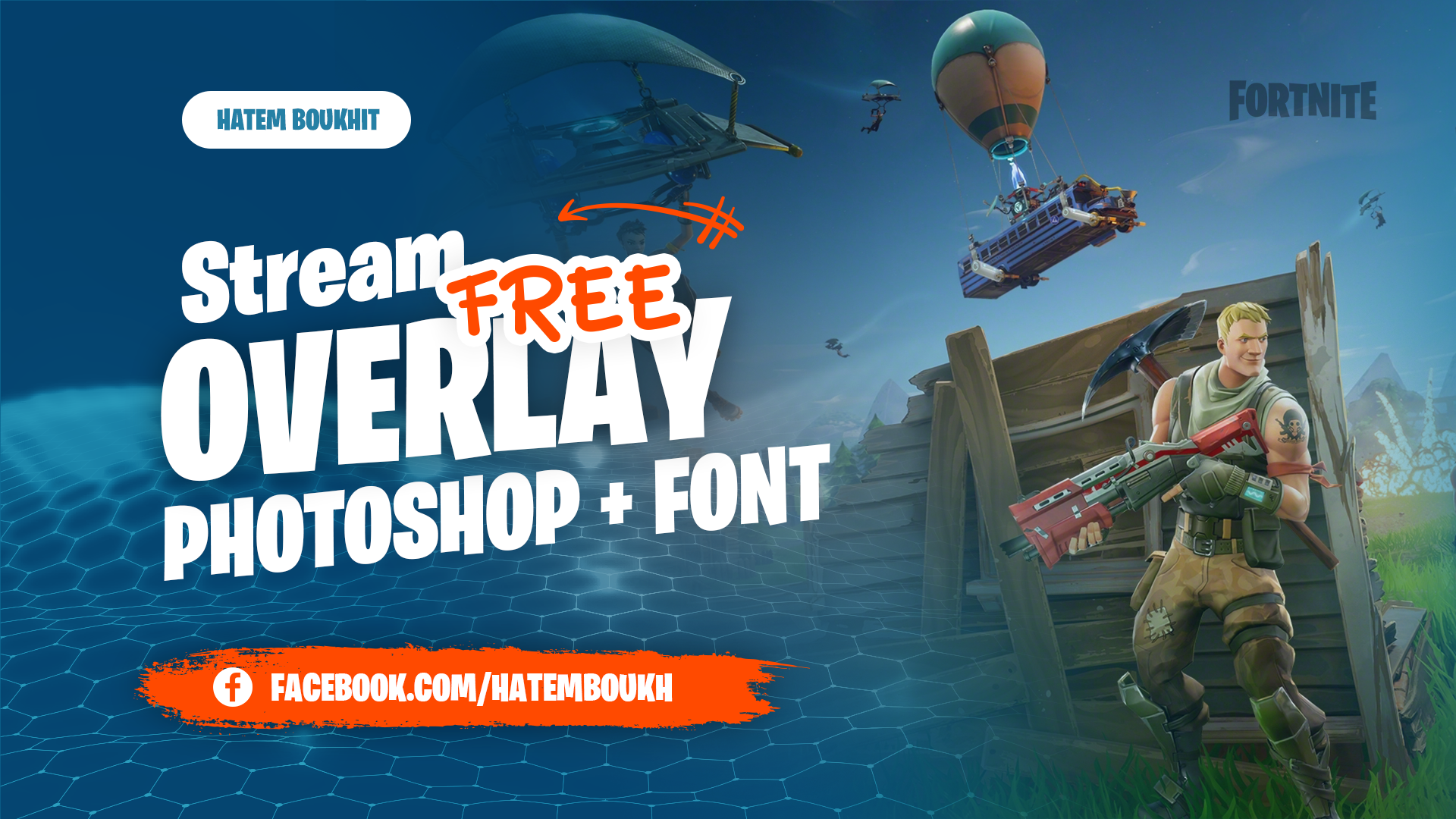
Check out our monthly freebies selection for the best graphic assets, you’ll find free downloadable files and images every month.
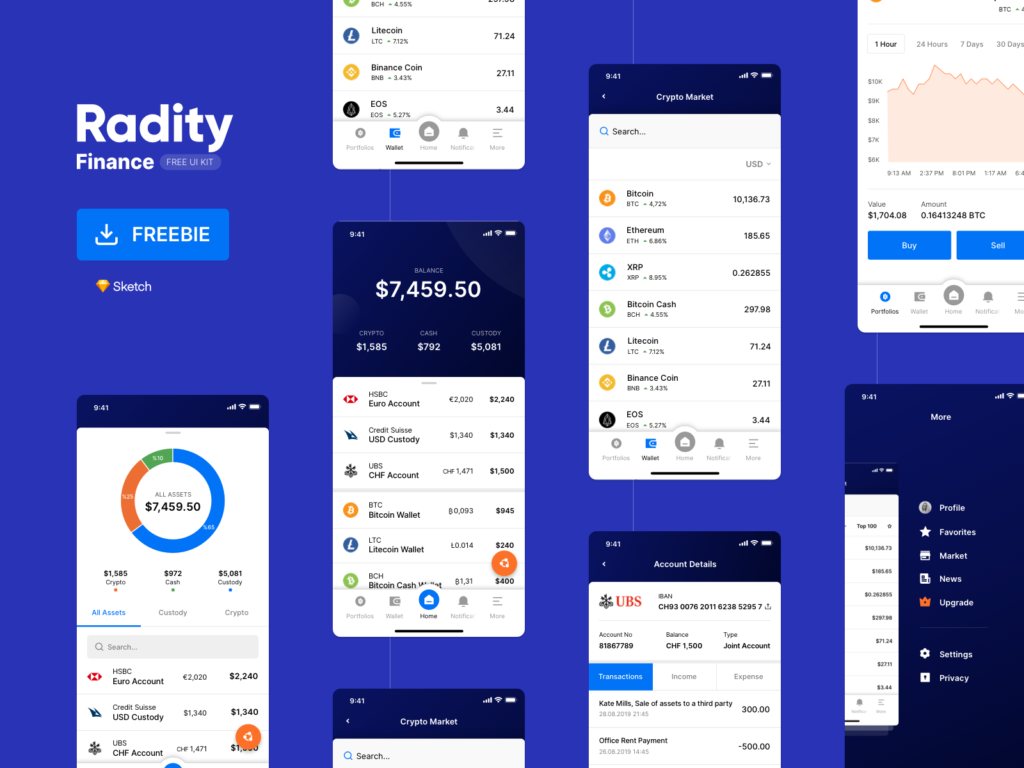
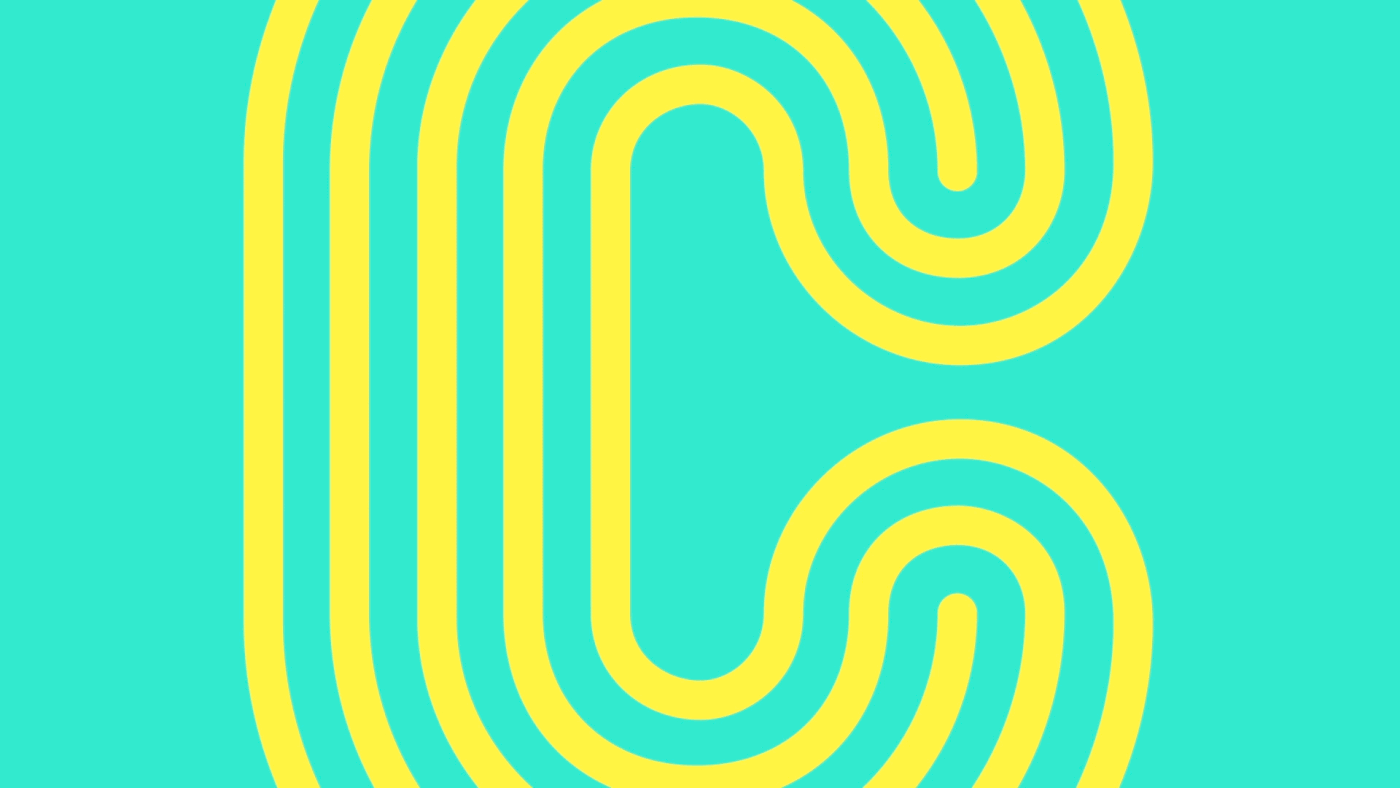
Where you’ll find the most interesting designs, artworks, illustration, CGI and concepts curated by one of us to utterly inspire your day.
Besides that, it’s an opportunity to feature work from other designers, artists, and creators in general that we haven’t had the chance to write or featured.
For this Weekly we are selecting in graphic design, branding, illustration and more.
Our sources are usually from Artstation, Behance and Dribbble.
I hope you will enjoy and share.



The world is becoming increasingly anxious about the spread of fake videos and pictures, and Adobe — a name synonymous with edited imagery — says it shares those concerns. Today, it’s sharing new research in collaboration with scientists from UC Berkeley that uses machine learning to automatically detect when images of faces have been manipulated.
It’s the latest sign the company is committing more resources to this problem. Last year its engineers created an AI tool that detects edited media created by splicing, cloning, and removing objects.
“THE ALGORITHM SPOTTED 99 PERCENT OF EDITED FACES IN ADOBE’S TESTS”
The company says it doesn’t have any immediate plans to turn this latest work into a commercial product, but a spokesperson told The Verge it was just one of many “efforts across Adobe to better detect image, video, audio and document manipulations.”
“While we are proud of the impact that Photoshop and Adobe’s other creative tools have made on the world, we also recognize the ethical implications of our technology,” said the company in a blog post. “Fake content is a serious and increasingly pressing issue.”
The research is specifically designed to spot edits made with Photoshop’s Liquify tool, which is commonly used to adjust the shape of faces and alter facial expressions. “The feature’s effects can be delicate which made it an intriguing test case for detecting both drastic and subtle alterations to faces,” said Adobe.
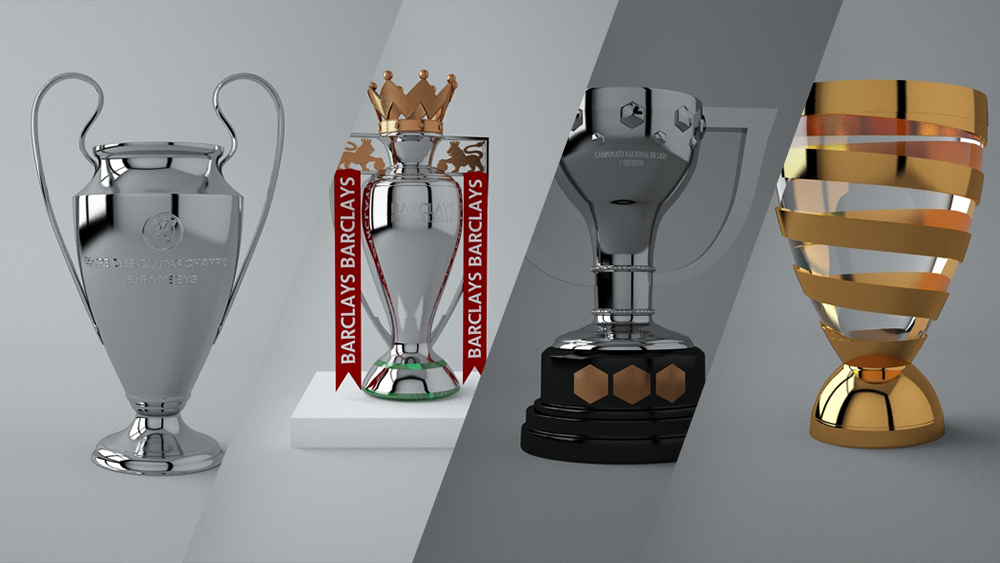
Most of the trophies created with 3ds max from Hatem Boukhit.
Preview Image rendered with Vray, mentalray, element3d and edited with photoshop, Realistic, textured and detailed model
Model formats: *.max *.fbx *.obj *.stl *.3ds *.e3d
All file formats have been successfully tested.
Link for all the collections : https://3docean.net/collections/4912297-trophy
For more follow Hatem Boukhit on instagram: www.instagram.com/hatem_boukhit